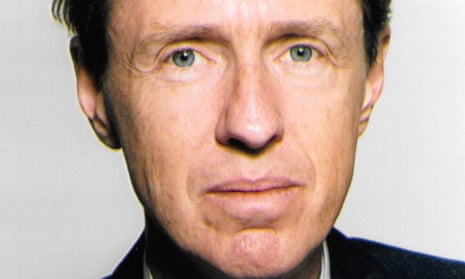Charles de Chassiron, who has died of cancer aged 69, was a distinguished diplomat, polymath and a man with a broad cultural hinterland.
His diplomatic career lasted 35 years and spanned three continents: Europe, Africa and South America. He believed in the idea of an ethical foreign policy and supported freedom, democracy, human rights and the rule of law wherever he went, mixed with the virtues of fair play and sympathy for the underdog. Above all he believed in international law and international cooperation.
When posted to a new country, Charles always took great pains to educate himself about its history and culture, and to learn its language to a high standard. By the time he took early retirement from the Foreign and Commonwealth Office he was fluent in French, Swedish, Portuguese, Italian and Estonian.
Apart from tours of duty in Mozambique and Brazil, all of Charles’s foreign posts were in Europe, including two long spells in Italy, one as counsellor in Rome, the other as consul general in Milan. European to his core, he gave many talks on “Britain and Europe”.
Charles was born in London to Deane (nee Richardson), a Canadian who worked in the map room of the combined chiefs of staff in Washington DC during the second world war, and her husband, Hugo, who was an army engineer.
Charles was educated at Rugby school and Jesus College, Cambridge, where we were history students together from 1966 to 1969. He was awarded a first-class degree and rounded off his education with a Kennedy scholarship at Harvard, where he received a master’s in public administration. His academic brilliance was always balanced by modesty and intellectual generosity.
In 2000 he was appointed by the Queen to the honorary title of Commander of the Grand Cross of the Royal Victorian Order. After retirement from the diplomatic service he became part-time chairman of Spencer House, an 18th-century palace in St James’s, central London, chairman of the British Italian Society and governor of the British Institute of Florence. He also had time to pursue keen interests in travel and art history.
Charles was a wise, enlightened and far-sighted proponent of internationalism and also a kind, civilised and generous individual who enriched the lives of those who came into contact with him.
He married Britt-Marie (nee Medhammar), a physiotherapist, in 1974 after meeting her in Stockholm, where he was third secretary in the British embassy. Britt-Marie survives him, as do their two children, Anna and Hugo.
